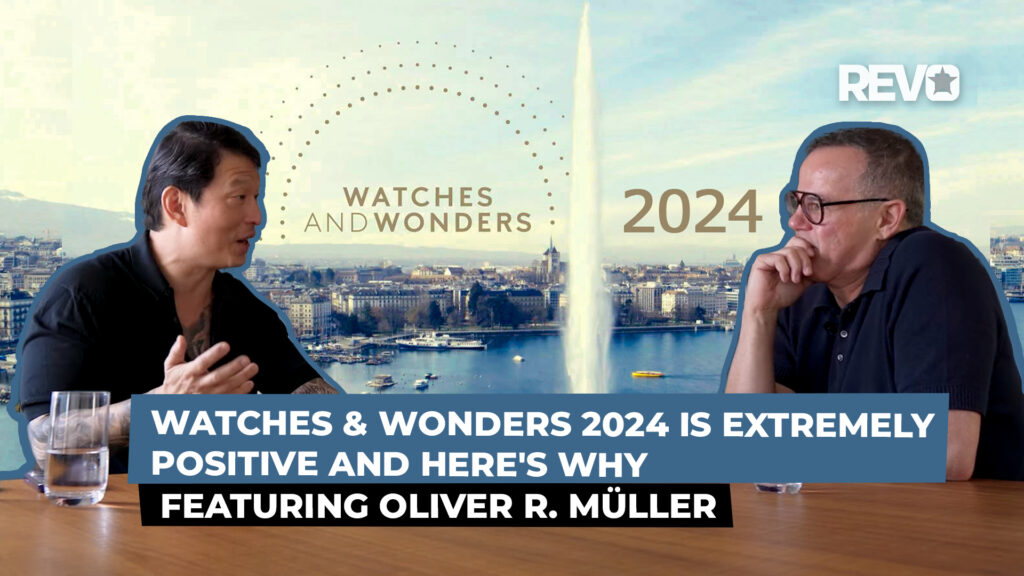Blancpain
Five takeaways from the World Ocean Summit 2019
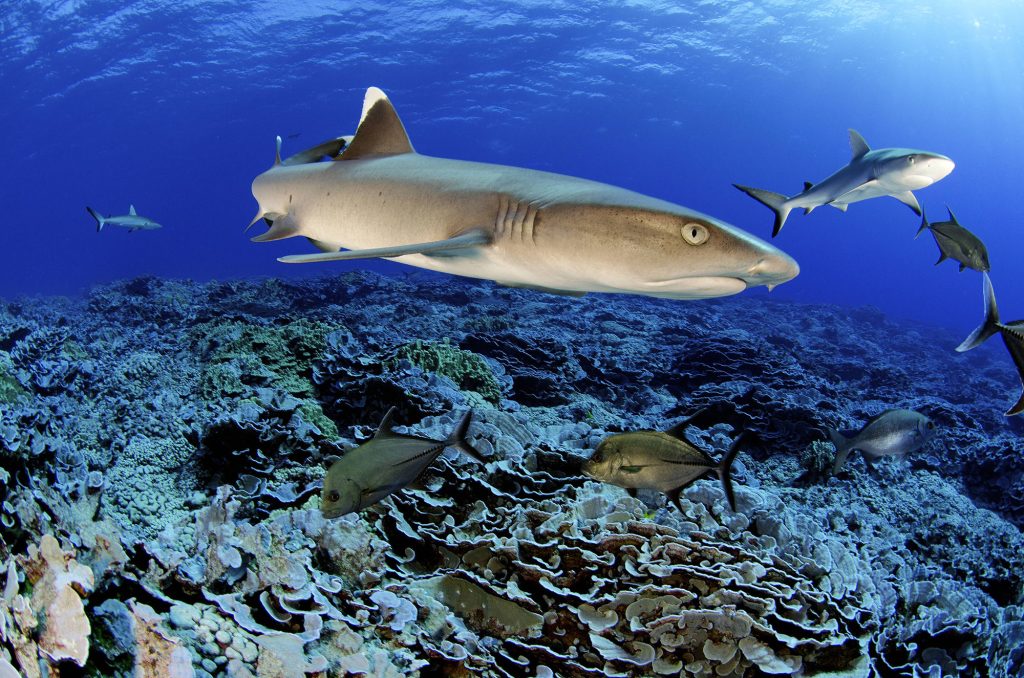
Blancpain was a founding partner of National Geographic's Pristine Seas Initiative from 2011 to 2016 as part of its Ocean Commitment.
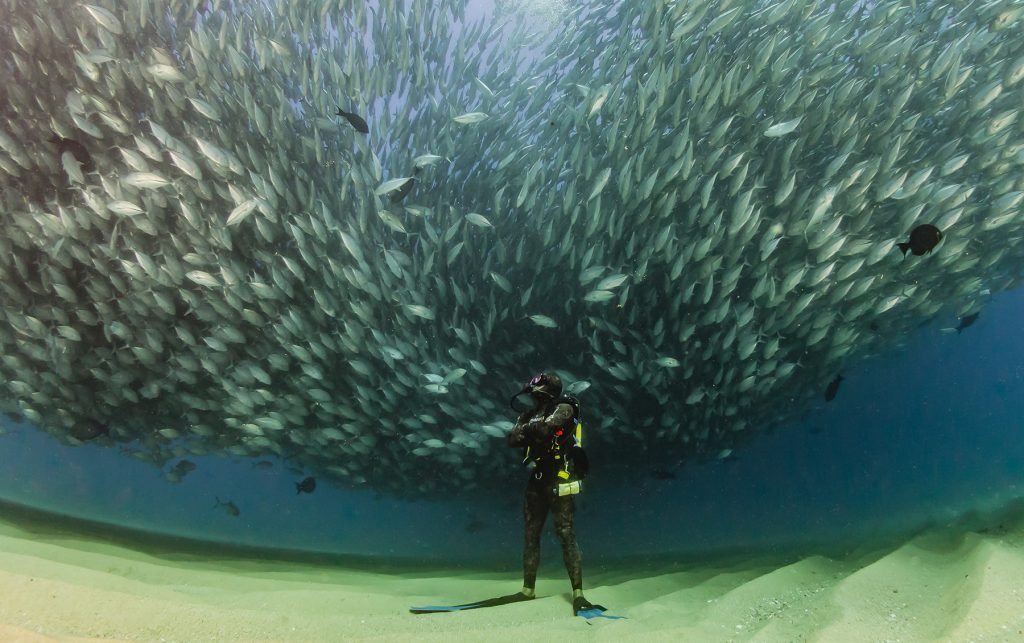
At Cabo Pulmo National Park in Mexico, thanks to authorities establishing a Marine Protected Area (MPA), fish stocks recovered 460% in a decade, and expanded tourism opportunities for the region. Image courtesy of PADI.
New Targets Planned for 2020
90% of fish stocks worldwide are over or fully exploited, and carbon levels in the atmosphere are rising further. Today, the global average stands at 415ppm (parts per million) of carbon. In order to prevent a climate disaster, 30% of the land and 30% of the oceans need to be protected by 2030. This requires greater community engagement with coastal areas to help eliminate illegal fishing. Inland agricultural areas need to prevent waste water runoff that can result in toxic algae blooms and kill marine life.
A Blue Economy is Possible
Last year, the Seychelles issued the world’s first sovereign blue bonds, which attracted the attention of investors across the world. The money is being used to support sustainable fisheries and other marine projects like expanding Marine Protected Areas (MPAs). Financing facilities are converting conservation projects into investment-worthy assets that help to support the local community and profit investors.
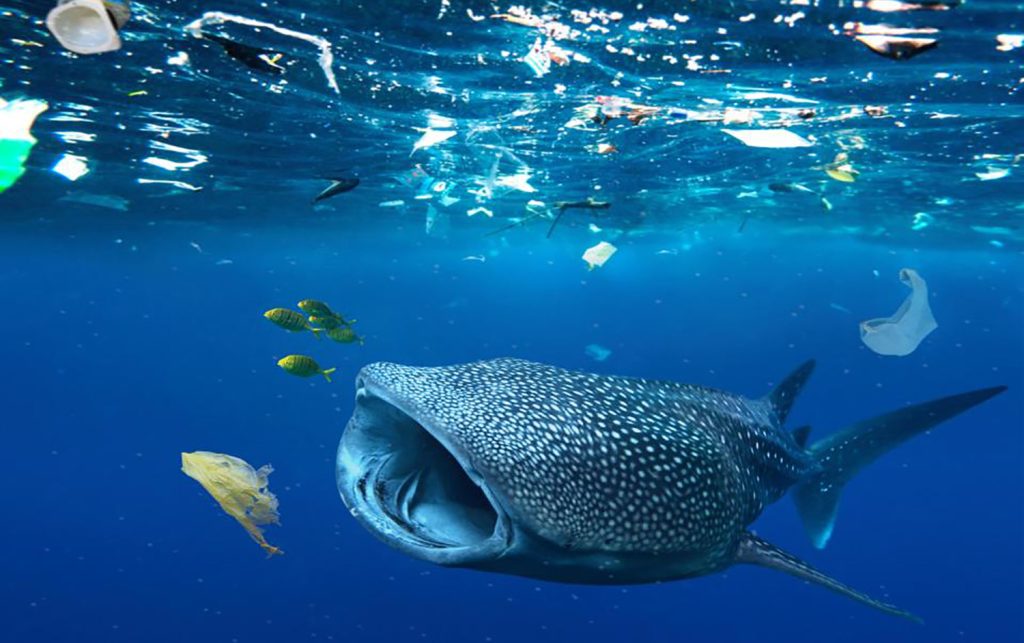
Programmes like BBC's Blue Planet II have awakened the public consciousness to plastic pollution and forced legislators to act.
Plastic Awareness Allows Us to Educate the Public
The public awareness of plastic pollution in the oceans and our food chain is serving an added benefit. It’s making the world aware of how severe ocean pollution is, and forcing governments to act. It’s also impacting consumer lifestyles and changing the way we live. Thanks to the efforts of conservationists like Sir David Attenborough, we are changing our behaviour.
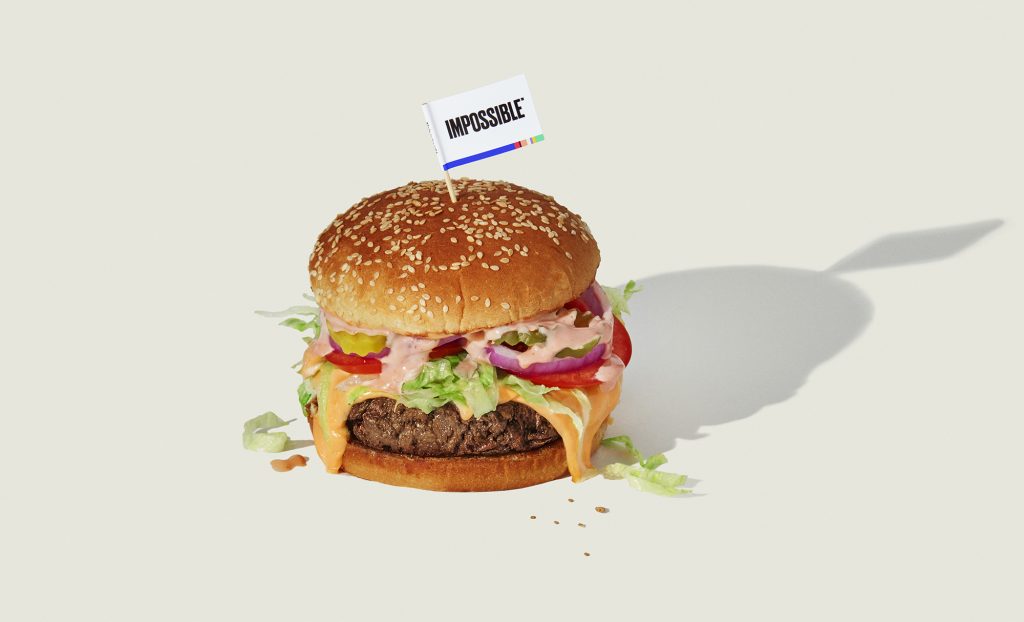
It isn't just lab-based beef that can be grown. Cellular-agriculture labs will enable us to grow boneless bluefin tuna and other fish. Image courtesy of Impossible Foods.
We Need to Transform Aquaculture
Within a decade, our consumption of farmed fish will increase by 40%. We need to intensify our efforts to increasing aquaculture and ensure it doesn’t impact the local marine ecosystems. One way forward is cellular agriculture — lab-based meats. Finless Foods is one example, growing boneless bluefin tuna from cells.
The Shipping Industry Needs to Improve Emissions
The shipping industry agreed to cap sulphur oxide emissions by 2020, which will save millions of lives. It also agreed to cap carbon emissions but it looks unlikely to succeed. In addition, the longer target of halving greenhouse gas emissions from the industry by 2050 will be a much greater challenge. We need to develop more sustainable shipping alternatives today, so that the world will be safe in the future.






